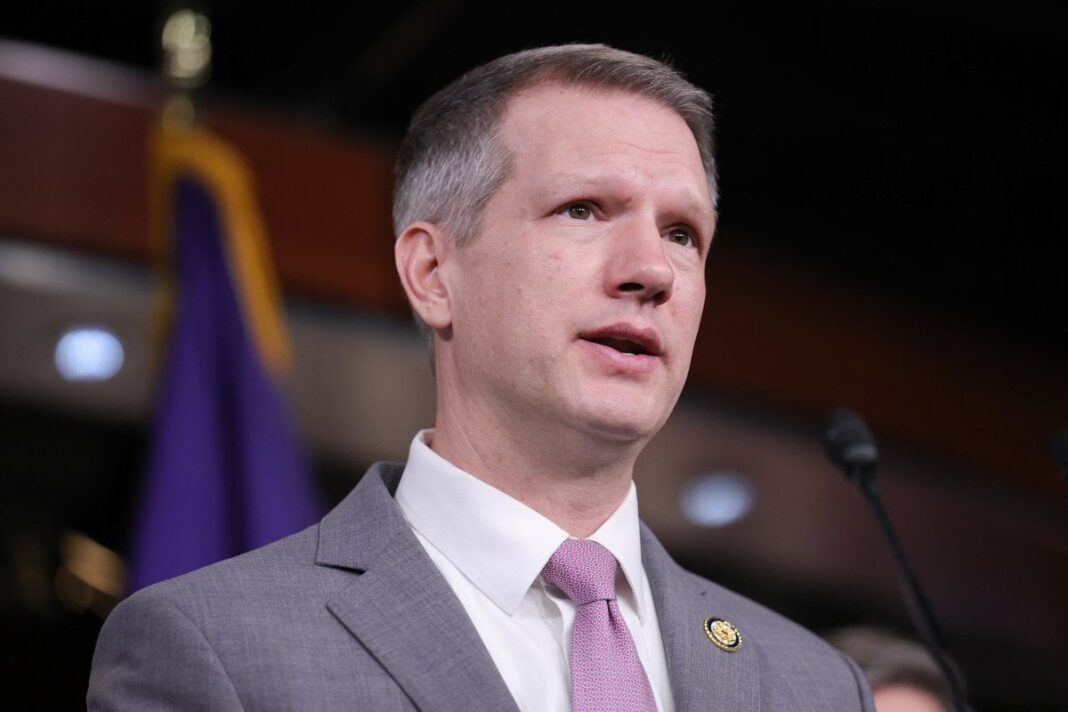U.S. Congressman Riley M. Moore has pressed Nigerian authorities to take stronger action against religiously-motivated violence during a high-level meeting with National Security Adviser Nuhu Ribadu and other senior officials in Washington, D.C.

In a statement released on X late Wednesday, Moore said the discussions were “direct and productive,” focusing on counterterrorism support, improved security collaboration, and the urgent need to safeguard communities—particularly Christians—who continue to face targeted attacks in several regions of Nigeria.
The Nigerian delegation included Minister of State for Foreign Affairs Bianca Ojukwu, Inspector General of Police Kayode Egbetokun, Attorney General Lateef Fagbemi (SAN), Chief of Defence Staff General Olufemi Olatunbosun Oluyede, and Chief of Defence Intelligence Lt. Gen. EAP Undiendeye.

Moore stressed that the United States expects “visible and concrete efforts” from Nigeria to prevent persecution, displacement, and killings linked to religious identity. He added that the U.S. remains committed to helping Nigeria combat extremist groups such as Boko Haram, ISWAP, and violent militias responsible for attacks in the Northeast and Middle Belt.
He also noted that Nigeria has an important opportunity to strengthen its partnership with the United States, as Congress is united in pushing for solutions to end ongoing violence.
Nigerian officials reportedly outlined the difficulties facing the country’s security architecture, from protecting civilians to coordinating anti-terrorism strategies with international partners.

The meeting took place ahead of a major U.S. congressional hearing examining President Trump’s redesignation of Nigeria as a “Country of Particular Concern.” Senior U.S. State Department officials and notable Nigerian religious leaders were scheduled to testify.
As of press time, there had been no official statement from Ribadu, Egbetokun, or the Foreign Affairs Ministry.

Earlier, the congressman criticised President Tinubu’s stance that Nigeria does not promote religious persecution, pointing to recent incidents such as the abduction of schoolgirls in Kebbi State. He also called for prayers for the victims and the slain vice principal.
The U.S. hearing aims to review Nigeria’s religious freedom situation and consider possible policy actions including sanctions, humanitarian support, and deeper security cooperation.




